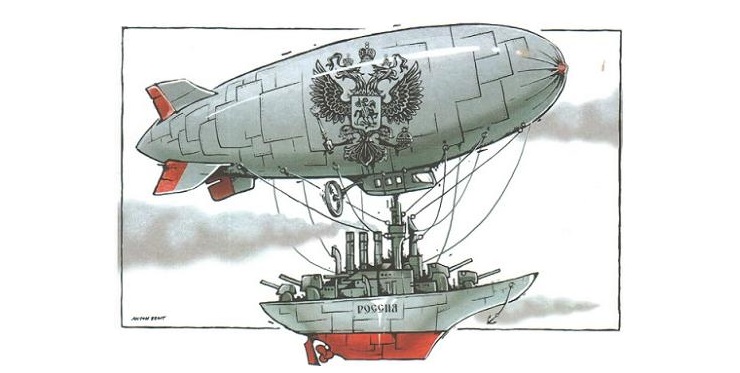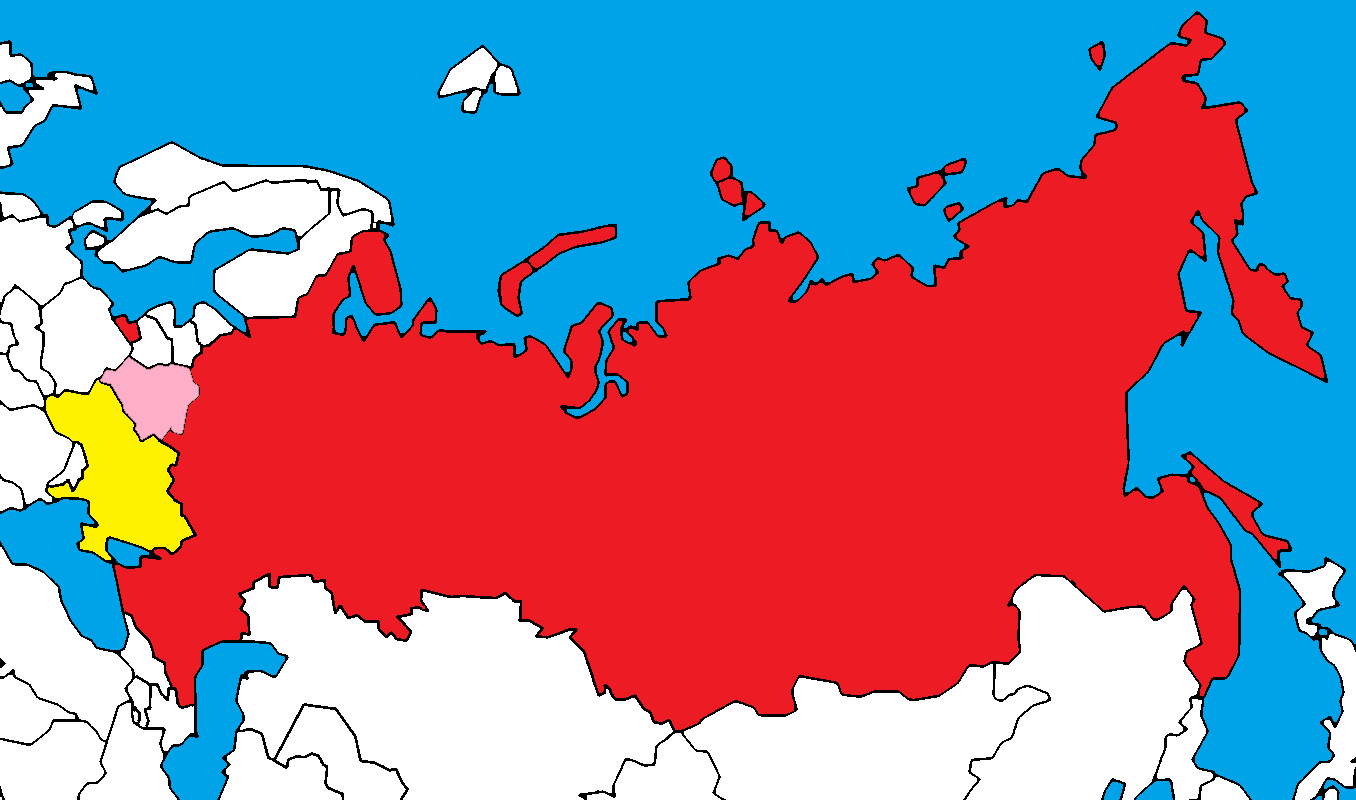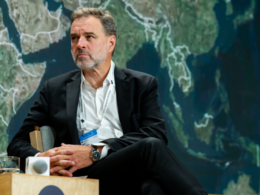Read More:
- Will Putin face the tribunal for Russia’s “human shields” in Crimea?
- If Kremlin fails to bring pro-Russian politicians to power, Ukraine should brace for radical scenarios – Horbulin
- Ukrainian NGO collects data on 1,500 Russian “Wagner” mercenaries in Operation Trust remake
- Russia-linked cyber attacks targeted 104 accounts of European think tanks
- Rash of arson attacks on Moscow Churches in Ukraine directed from Russia – SBU
- Five-year-long disinformation campaign didn’t make Crimea Russian
- Russian war with Ukraine a clash of civilizations, Ikhlov says





